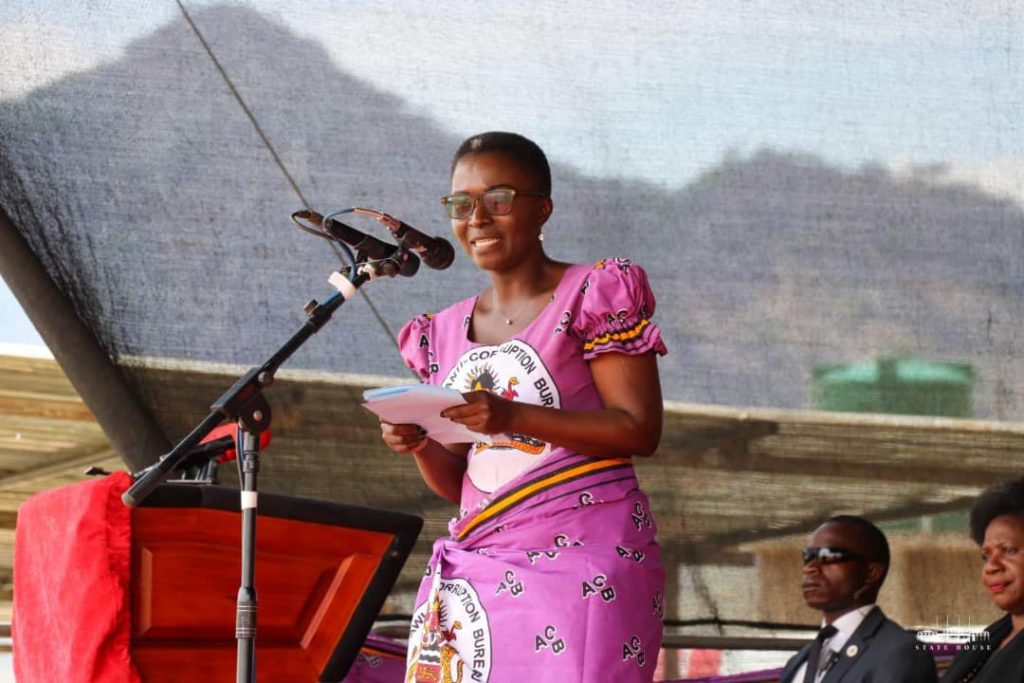This must have been really embarrassing for the Reserve Bank of Malawi (RBM) Governor Wilson Banda. The foreign exchange auction held a couple of weeks back was clearly a flop.
Just three of the eight authorised dealer banks (ADBs) participated in the auction, leaving the central bank with no choice, but to declare that the results from the auction cannot be used to determine the official exchange rate because they just couldn’t be representative of the entire banking system.
“This being the first price discovery auction, the RBM duly noted and appreciated the rates submitted by the three banks and will continue engaging all other banks in preparation for the next auction,” said Governor Banda in the statement announcing the results.
But is the Governor really serious about having another round of auctions that he must know will not give him what he wants?
Post-auction expert opinion didn’t inspire much confidence.
Financial Market Dealers Association of Malawi (Fimda) observed at the time that being a novel idea, banks were skeptical and thus took a wait-and-see approach.
But the truth, as Fimda president Leslie Fatch also pointed out: “This could suggest banks that did not participate had no supply of forex or they are not willing to take a risk on the price considering they do not really hold the commodity themselves.”
These sentiments were echoed by Catholic University of Malawi head of economics department Hopkins Kawaye, who said the auction failure showed that there is no forex in the banking sector.
And that, for me, is the core issue.
I mean, how do you have an auction for a commodity that is in very short supply or not even available? Whether the price is K1 400 or K2 000 or even K10 000, the reality is that Malawi is not generating enough forex and those who have it would rather cling to it for their needs.
Otherwise, why would someone avail this forex to Malawi or sell it to RBM when to get it out at the time of need is a nightmare in whatever scenario one can think of?
As a country we should be asking ourselves—and I am talking about both government and private sector here–what have we done in the past three decades to generate forex beyond the traditional crops we have and whose prices are either static or falling?
As the late President Bingu wa Mutharika once said, our commodities have fixed prices and revenue is “fixed” on these crops with little room for growth.
And let’s face it, I can count on my fingers the major private sector players who are actually generating forex in Malawi.
I can point to tobacco companies, Illovo Sugar, Eastern Produce and a few tea producers who are taking the lead in wiring forex into the country.
The rest, including the so-called conglomerates such as Press Corporation Limited (PCL), Nico Holdings and Old Mutual, are more of consumers of forex than its generators despite dominating the economy and raking in the most money.
And those at Capital Hill are not helping to create an enabling environment to attract serious investors into areas that can generate forex, including by persistently providing electricity, reducing public spending and restructuring the Affordable Inputs Programme so that it makes commercial sense, among other things.
Furthermore, government should have focused more on structuring the commodities market so that Mgona market in Lilongwe is fully accounted for. Capital Hill should also have been more aggressive in stamping out transfer pricing and other illicit financial activities that are siphoning forex.
These are the issues that we need to deal with, not wasting time with auctions as they won’t address the challenges and won’t even determine a market price for the currency!
In Malawi, as one Kisu Simwaka , RBM’s own, once said, the forex market is like a bicycle. The front tyre is the black market rate, the back tyre is the official rate. They won’t meet no matter what you do because of the structural problems around this economy.
Just look at the figures to illustrate the glaring structural challenge—our imports are around US$3 billion against exports of US$1 billion. The exports have either remained static or are falling, but they are definitely not being ramped up. Our main export, tobacco, is on its death bed. Balance of payment support from donors has nearly evaporated. And here we are, thinking that auctioning forex will bring forex!
The post Forex auctions are a terrible joke! first appeared on The Nation Online.
The post Forex auctions are a terrible joke! appeared first on The Nation Online.
 Moni Malawi
Moni Malawi 
